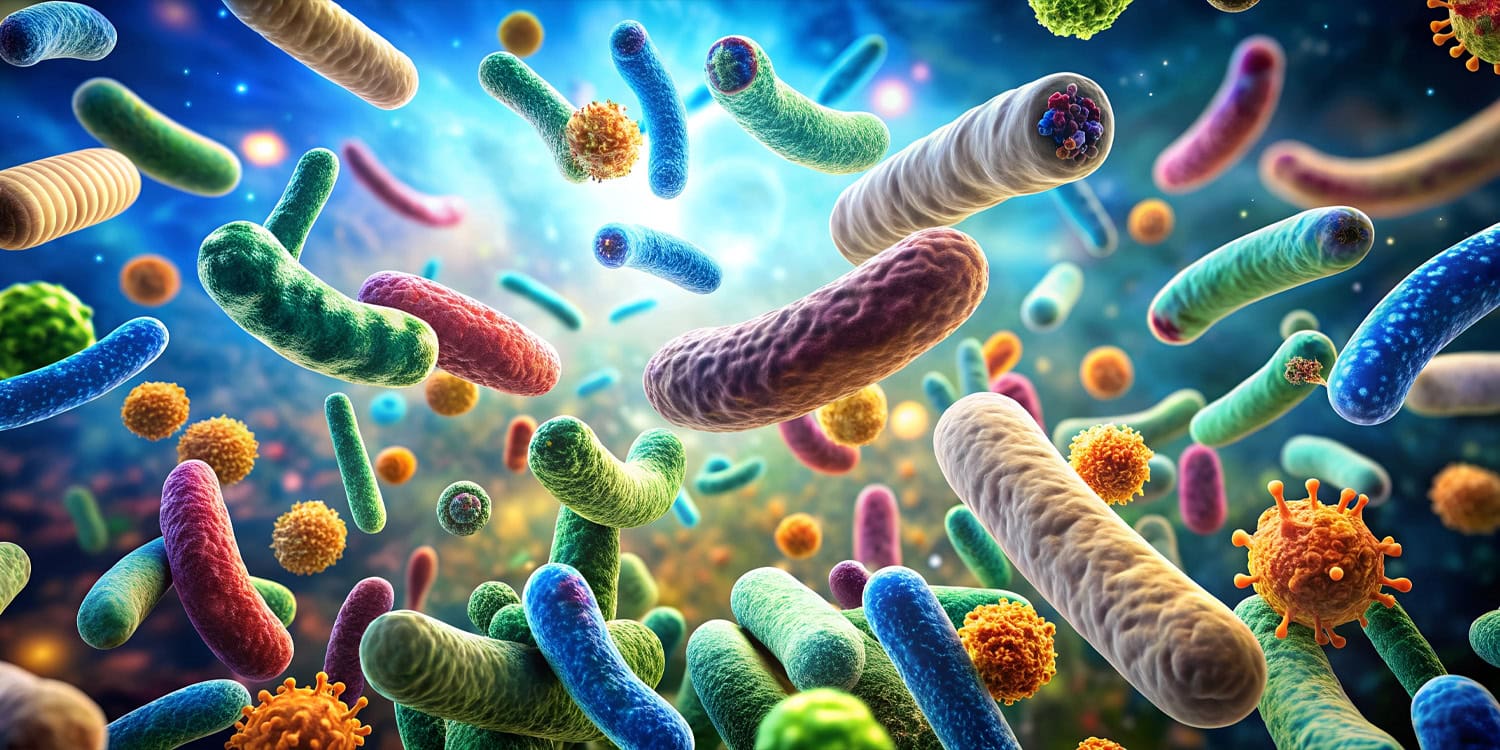A neuroimaging study of unmedicated patients with major depressive disorder (MDD) has uncovered a link between gut microbiota composition and changes in brain function. Specifically, the study found that individuals with higher levels of certain proinflammatory gut bacteria exhibited altered functional connectivity in the hippocampus, a key brain region implicated in memory and emotion. The research, published in Translational Psychiatry, highlights the growing recognition of the gut-brain axis as a potential player in the pathology of depression.
The hippocampus is a small, seahorse-shaped structure located in the brain’s temporal lobe. It plays a crucial role in memory formation, learning, and spatial navigation. It is part of the limbic system, which regulates emotions and connects memories to emotional responses. The hippocampus helps convert short-term memories into long-term ones and is essential for recalling past experiences.
In depression, the hippocampus often exhibits structural and functional changes, such as reduced volume or impaired neurogenesis. Chronic stress and elevated cortisol levels, commonly associated with depression, can damage hippocampal neurons and hinder their growth, leading to memory difficulties and emotional dysregulation. A smaller or less active hippocampus may contribute to the persistence of negative thoughts and difficulty in regulating emotions—hallmarks of depression. Furthermore, reduced hippocampal function can impair the ability to learn and implement coping mechanisms for stress.
Study authors Shu Xiao and colleagues aimed to explore the links between alterations in functional connectivity in subregions of the hippocampus and gut microbiota composition in patients with major depressive disorder.
In recent decades, scientists have discovered a bidirectional communication pathway between the brain and gut microbiota—the community of trillions of microorganisms living in the gut. This pathway, termed the microbiota-gut-brain axis, has been shown to play important roles in various processes within the body, including psychological functioning. It is possible that gut microbiota composition might also play a role in major depressive disorder.
The researchers recruited 49 adults with MDD and 44 healthy individuals as controls. Participants were aged between 18 and 55 and were screened for other medical or psychiatric conditions to ensure homogeneity. None of the MDD participants were on medication at the time of the study. The researchers collected fecal samples to analyze gut microbiota composition and performed resting-state magnetic resonance imaging (MRI) scans to examine hippocampal functional connectivity—a measure of how different brain regions communicate during rest.
The researchers found significant differences in gut microbiota composition between the two groups. Participants with MDD exhibited reduced species richness, indicating a lower variety of gut bacteria. However, the diversity index, which measures not only the number of species but also their relative proportions, did not significantly differ.
Importantly, individuals with MDD had a higher abundance of proinflammatory bacteria, specifically those from the Enterobacteriaceae family, and a lower abundance of beneficial bacteria like Prevotella, which are involved in producing short-chain fatty acids (SCFAs) that support gut health and reduce inflammation.
In terms of brain function, there were no global differences in hippocampal functional connectivity between the MDD and healthy control groups. However, a closer analysis revealed altered connectivity patterns within specific hippocampal subregions. In individuals with MDD, there was increased functional connectivity between the left CA3 and right caudal hippocampus, which correlated with the relative abundance of Enterobacteriaceae. This suggests that the presence of proinflammatory gut bacteria may influence hippocampal connectivity, potentially via systemic inflammation or immune signaling pathways.
The findings support the hypothesis that the microbiota-gut-brain axis plays a role in the development of MDD. Gut dysbiosis (imbalance in gut bacteria) may contribute to hippocampal dysfunction through inflammatory pathways, disrupting processes critical for memory, learning, and emotional regulation. The study also noted that individuals with longer histories of MDD had significantly lower levels of Prevotella, highlighting a potential link between prolonged illness duration and gut microbiota changes.
Interestingly, the researchers combined data on hippocampal functional connectivity and gut microbiota composition to develop a machine-learning model that could distinguish MDD patients from healthy controls with high accuracy. This suggests that these biomarkers could eventually aid in diagnosing MDD or identifying individuals at risk.
The study sheds light on the links between brain function and gut microbiota composition. However, it should be noted that the study’s design does not allow for any cause-and-effect conclusions to be drawn from the findings. Additionally, the number of study participants was relatively small, and all were recruited from a single hospital. Studies involving patients from other regions might not yield identical results.
The paper, “Gut proinflammatory bacteria is associated with abnormal functional connectivity of hippocampus in unmedicated patients with major depressive disorder”, was authored by Shu Xiao, Zibin Yang, Hong Yan, Guanmao Chen, Shuming Zhong, Pan Chen, Hui Zhong, Hengwen Yang, Yanbin Jia, Zhinan Yin, Jiaying Gong, Li Huang, and Ying Wang.




